Dating Is Human Nature—But It’s Also Complex
Outside of basic survival, one of the most powerful drives in the human brain is to connect with others—to form bonds, build relationships, and pass on our genes. Dating, mating, and partnering up are central to the human experience. But like everything in our world, they’re shaped by layers of biology, psychology, sociology, and culture.
As a dating coach, I’ve spent years helping people navigate this space. And one thing I’ve learned is this: there is no single, universal “right way” to do relationships. Culture, personality, and even cognitive wiring all play a role.
Culture Shapes How We Love (and Judge Each Other)
When I was a teenager, I spent a year abroad in France. At the time, I was taking medication for ADD—this was before the “H” got added to the acronym—and my diagnosis was dismissed outright. I couldn’t even access my meds. To them, it wasn’t real.
That year opened my eyes to how differently neurodivergence is perceived depending on where you are in the world. In some Islamic cultures, neurodivergent individuals are viewed as spiritually gifted—seen as innocent dwellers of heaven. In others, mental illness is denied or pathologized. Sometimes dangerously so.
Cultural attitudes also differ based on whether a society values individualism or collectivism. In the U.S., we idolize the maverick—the person who dares to be different. In Japan, the proverb “the nail that sticks out gets hammered down” reminds us that standing out isn’t always celebrated.
Navigating relationships across cultural boundaries—or even just understanding your own values—can be like decoding an entirely new operating system.
High IQ, Neurodivergence, and the Relationship Gap
Add giftedness or neurodivergence into the mix, and relationships become even more complicated.
Some of us are highly analytical, socially awkward, or immersed in niche interests. We may struggle to connect with people who don’t “get” us intellectually—or wonder whether that even matters.
I’ve experienced this firsthand. In grad school, I initially felt out of place. My classmates—CPAs, engineers, actuaries—understood the material deeply. I could do the math, but not conceptualize the bigger picture the same way.
And then we got to emotional intelligence.
Suddenly, my life experience as an actor and dating coach became my superpower. EQ was second nature to me. While others crunched numbers, I read the room. Before long, I became the go-to for navigating group dynamics and personal growth.
Emotional Intelligence: The Missing Link
Many of us approach relationships like a logic problem to be solved. But human connection isn’t a flowchart. If we want different results, we need different tools.
I often use Six Sigma’s “Design, Measure, Analyze, Improve, Control” model to introduce emotional growth to clients. Because if we’re lobbing logical questions at each other and expecting emotional outcomes, we’re reenacting Einstein’s definition of insanity: doing the same thing and expecting different results.
Why We Need to Teach Relationship Skills
In the U.K., a 2022 study by Benham-Clarke interviewed young people and relationship professionals. What they found was clear: teens felt sex ed was too clinical. They wanted help understanding relationships—communication, empathy, boundaries. The real stuff.
And that’s not just a U.K. issue. In the U.S., over 11 million children live in single-parent households. Many aren’t witnessing healthy relationships at home. Add in households where relationships are dysfunctional, and we have an entire generation learning about love and connection through TikTok, gaming chats, and reality TV.
If schools don’t step in, who will?
Loneliness Is a Public Health Crisis
In 2023, the U.S. Surgeon General declared loneliness an epidemic. Social disconnection, they warned, has health consequences on par with smoking. It shortens lifespans. It erodes well-being. It’s not just about romantic relationships—it’s about human connection at every level.
For gifted and neurodivergent people, who already report high rates of feeling misunderstood or socially isolated, this crisis is magnified.
What If We Did Something About It?
That’s the question I keep coming back to: what if we took an active role in helping our community thrive?
What if we helped build the skills people need to make and sustain meaningful relationships? What if Mensa Foundation became a leader in developing programs and tools to support this?
Education plus resources is the formula for change. And emotional intelligence is teachable.
Behind the scenes, I’m exploring ideas—curricula, outreach, coaching—for building stronger relationship literacy into our culture. But you don’t have to wait. If you’re looking to grow, improve your relationship skills, or help a friend do the same, I’m here.
You can reach me anytime at Hunt@HuntEthridge.com.
Let’s make this world a little more connected.
One smile at a time.
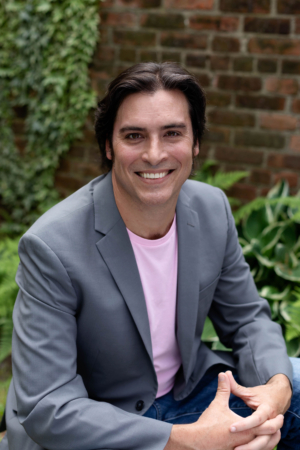
Hunt Ethridge is an award-winning international dating and relationship expert with over 15 years of experience helping people build confidence, connection, and communication skills that elevate both their personal and professional lives. A frequent media contributor and founder of multiple dating ventures, he now mentors the next generation of love experts while exploring global relationship dynamics through his “Quest for Advice” project.
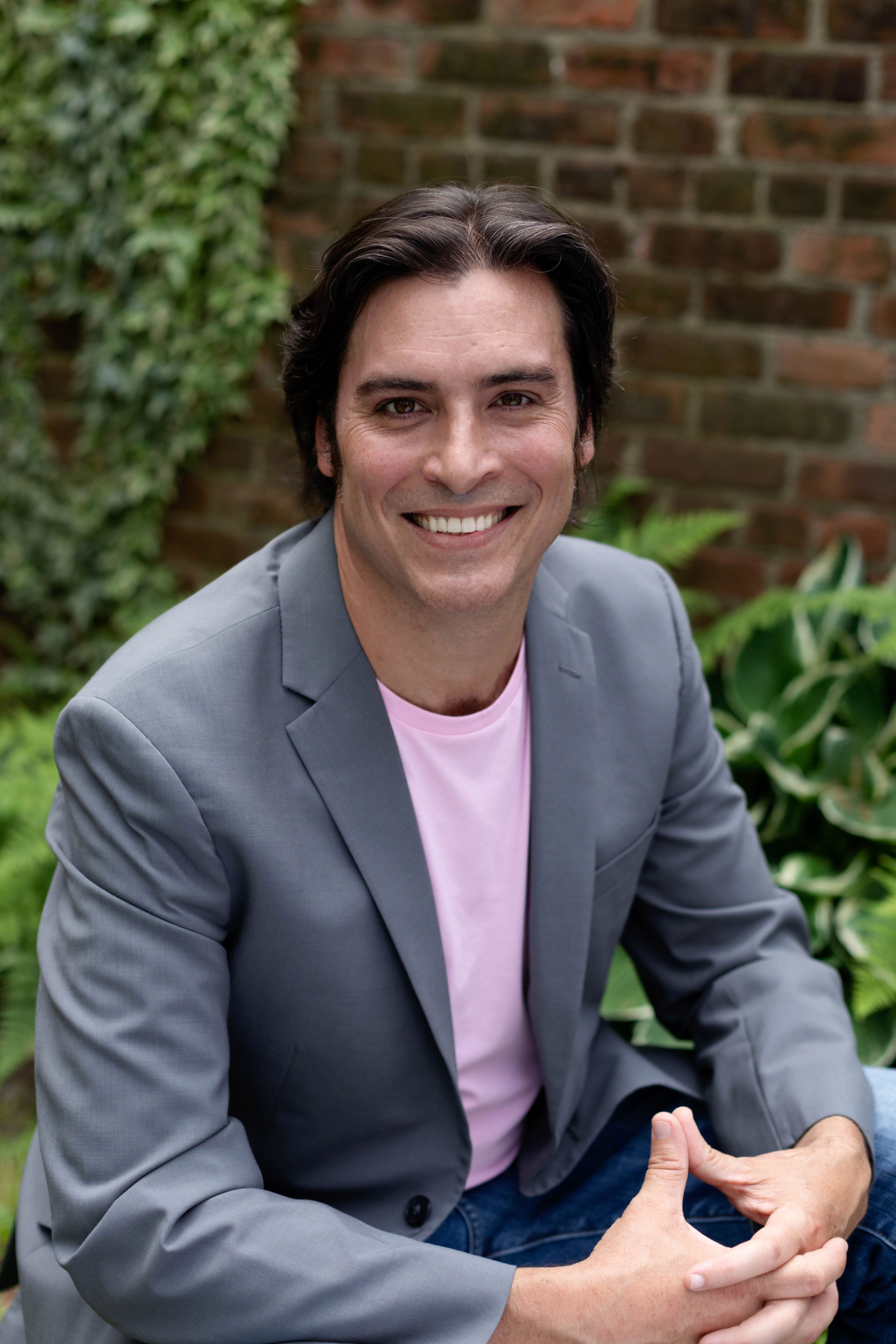

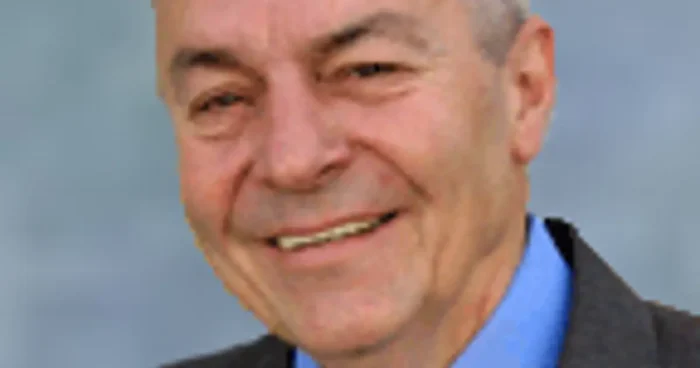
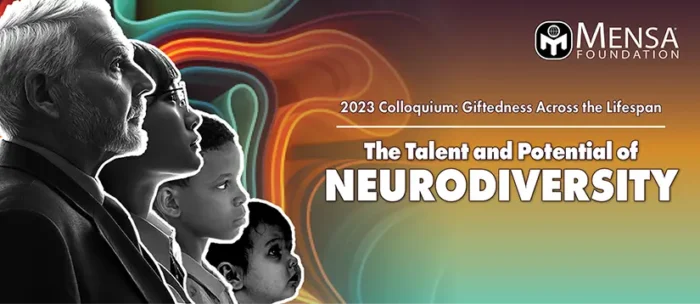
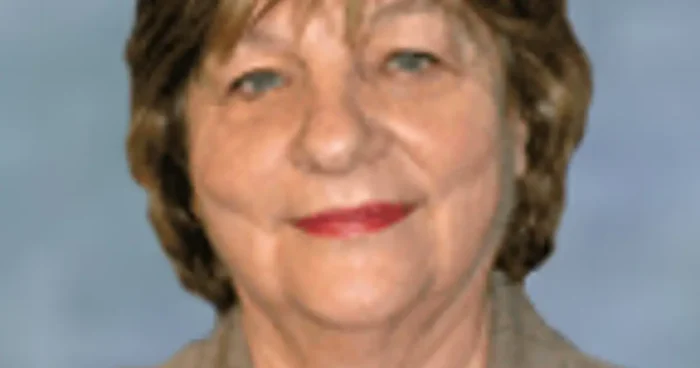





Comments (0)